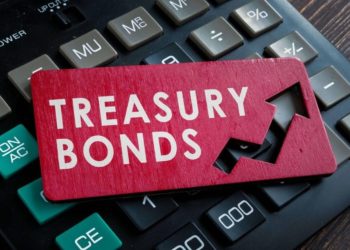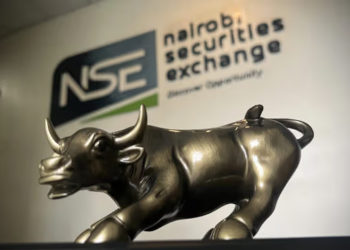When it comes to investing, many people believe decisions are purely rational, based on data, projections and financial goals. In reality, emotions play a far bigger role than most investors would like to admit. Behavioral finance, a field that studies the psychology behind money decisions, is increasingly relevant in Kenya’s fast-changing investment space.
Take, for example, the “herd mentality.” When one asset class starts trending, be it cryptocurrency, land in Syokimau, or a hot IPO, there is often a rush of buyers, many driven by fear of missing out rather than thorough research. This can inflate prices and lead to disappointment when markets inevitably correct.
Loss aversion is another psychological trap. Many investors in the Nairobi Securities Exchange have held onto losing stocks for years, hoping they will rebound, simply because selling feels like admitting defeat. Ironically, this behavior often locks capital into underperforming assets while better opportunities pass by.
Overconfidence is equally common. During bull markets, some investors double down on risky bets, assuming past gains will always continue. When the cycle turns, losses feel sharper because they clash with earlier optimism, leading to panic selling at the worst possible time.
Understanding these emotional biases is crucial. Successful investors build systems that remove or reduce emotion from decision-making. This can include automating savings and investments, setting strict entry and exit rules for trades and regularly rebalancing portfolios based on data, not gut feeling.
Financial education also helps investors focus on long-term goals instead of short-term noise. Knowing that markets move in cycles allows individuals to see corrections not as disasters but as opportunities to buy quality assets at discounted prices.
Kenya’s growing investment community stands to benefit greatly from embracing behavioral finance principles. Whether you are in stocks, real estate or unit trust funds, controlling emotional impulses can mean the difference between steady wealth accumulation and costly mistakes.
At the end of the day, money is as much about mindset as it is about math. The smartest investors are not those who avoid all risk, but those who can stay calm, rational and consistent even when everyone else is panicking or celebrating.


















